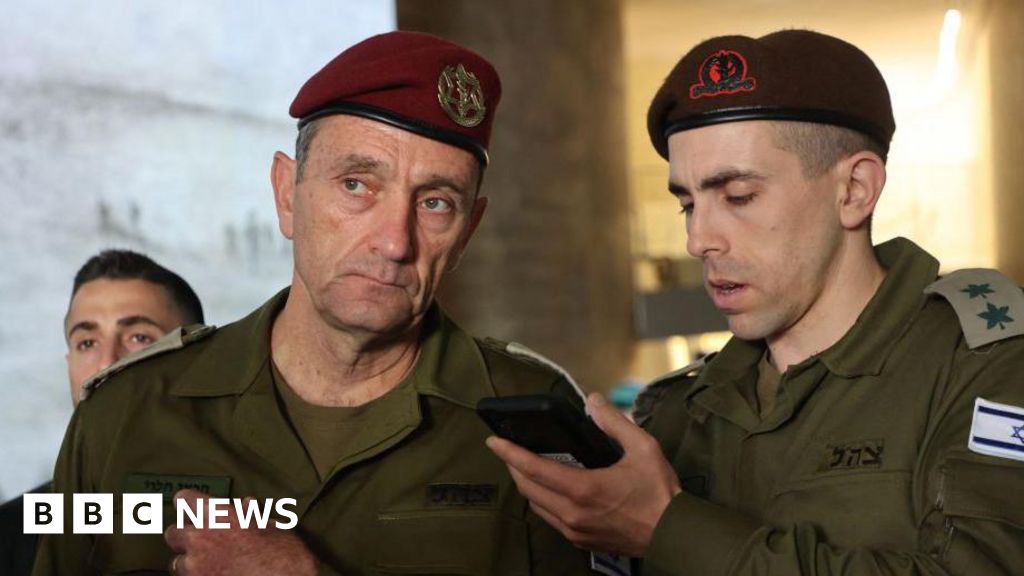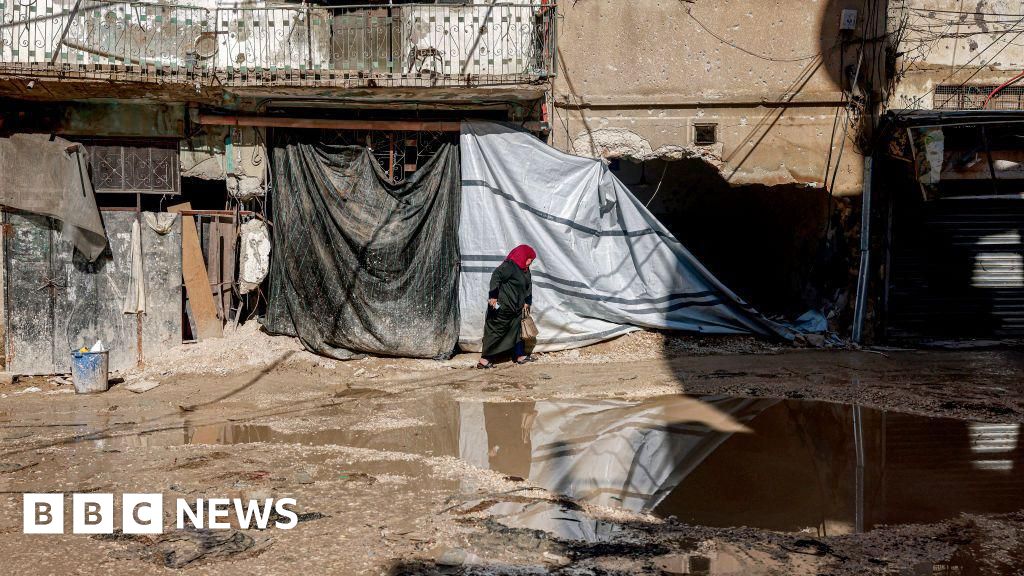LONDON -- Sharone Lifschitz is well aware that the odds are against her 84-year-old father. As one of the oldest hostages taken by Hamas, Oded Lifshitz would be among the first to be released under a ceasefire deal expected to begin Sunday.
But after 469 days of captivity in Gaza, she can only hope he survived.
“We have learned so much about trauma, about losing loved ones,’’ the London-based artist said. “I have to say that we are prepared.’’
About 100 hostages remain unaccounted for in Gaza, including 62 who are believed to be alive. Family and friends are still waiting to learn who survived and about their conditions.
Lifschitz’s ordeal began on Oct. 7, 2023, when Hamas militants stormed kibbutz Nir Oz, a place where her parents had created their own little kingdom, complete with a cactus garden that was her father’s pride. The militants took a quarter of the community’s 400 residents hostage that day, including her parents.
“My father was shot in the hand and was lying at the edge of his kingdom,’’ said Lifschitz, 53. “That’s when my mom saw him last, and she was taken over on a motorbike and then the terrorists burned the house down. They put gas into the house, and it burned and it burned and it burned until everything they ever owned, everything, was ashes.’’
Oded Lifshitz, who spells his name slightly differently than his daughter, wasn’t spared, even though he spent his life fighting for Arab rights.
Throughout a long career in journalism, Oded campaigned for the recognition of Palestinian rights and peace between Arabs and Jews. In retirement, he drove to the Erez border crossing on the northern edge of the Gaza Strip once a week to ferry Palestinians to medical appointments in Israel as part of a group called On the Way to Recovery.
Oded is most proud of his work on behalf of the traditionally nomadic Bedouin people of the Negev Desert, his daughter said, describing a case that went to Israel’s High Court and resulted in the return of some of their land.
That deep-seated hope for co-existence was evident when the militants released Lifschitz’s mother, Yocheved, on Oct. 23, 2023. Just before leaving Gaza, Yocheved turned to her captors and said “shalom,’’ the Hebrew word for peace.
Yocheved later described her experience as hell, saying she was beaten with sticks and held in a spider’s web of tunnels with as many as 25 other hostages. But she also said her guards provided medicine to those who needed it and gave the hostages pita bread with cheese and cucumber to eat.
Lifschitz said she wonders every day about her father's treatment and how he is faring.
“I am the last one to put words into his mouth, but I can tell you that he spent a lifetime believing that another alternative is possible for Zionism, for socialism,” she said.
Hamas militants killed about 1,200 Israelis and took 251 hostages during the Oct. 7 attack. In response, Israeli Prime Minister Benjamin Netanyahu launched air and ground attacks on Gaza that have killed more than 46,000 people, according to Gaza's Health Ministry.
The ceasefire proposal calls for 33 hostages to be released over the next six weeks, in exchange for hundreds of Palestinians imprisoned in Israel. The remainder, including the bodies of the dead, are to be released in a second phase that is still under negotiation. Hamas has said it will not release the remaining captives without a lasting ceasefire and a full withdrawal of Israeli troops from Gaza.
The contours of the agreement are strikingly similar to those negotiated by the administration of outgoing U.S. President Joe Biden in May. But Israel rejected that deal.
That outraged the families of many of the captives, especially after hostages continued to die.
The families have pushed hard for their loved ones’ release, leading a series of protests to force the Israeli government to live up to its promise to bring the hostages home. They have also crisscrossed the globe, meeting with presidents, prime ministers and even the pope to keep the hostages at the center of negotiations.
“So many people were killed that should have been alive if they did not sabotage this deal,” Lifschitz said. “I hope that they know they will have to live with that for the rest of their life, and we will remind them. We will remind them of ... the suffering of both sides their action brought about.”
But even as she describes the anguish of the past 15 months, Lifschitz says she hopes the pain experienced by people on both sides of the conflict will breed compassion among both Israelis and Palestinians.
“We are about to receive our loved ones after so long where we were unable to love and care for them.’’ She said. “There’s so much trauma. I think people have to have a little softness toward it all, just feel it a bit in their hearts.
“I think feeling the pain of others is the start of building something better.’’
And if her father doesn’t come back? Then what?
“We will know,’’ she said. “We will know.’’

 4 days ago
4
4 days ago
4










 English (US) ·
English (US) ·